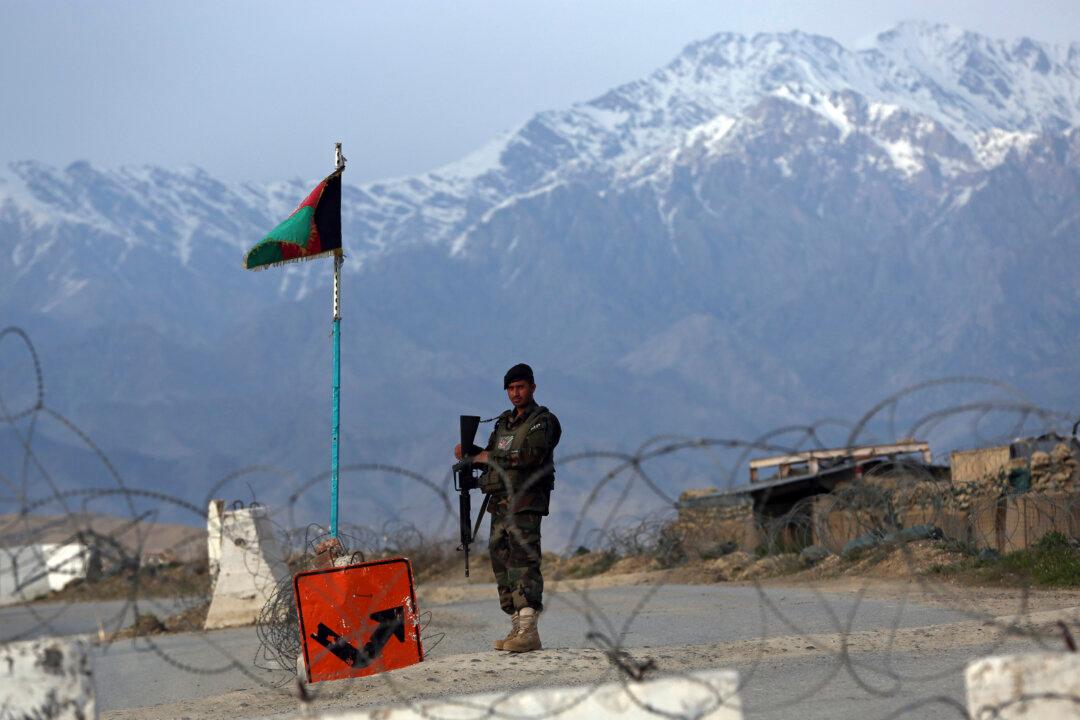Australia will shut its Kabul embassy on May 28 following the withdrawal of international troops from Afghanistan and increased violence in the country over the past month.
Prime Minister Scott Morrison announced the change on Tuesday, stating that it does not lessen Australia’s commitment to Afghanistan or its people.




